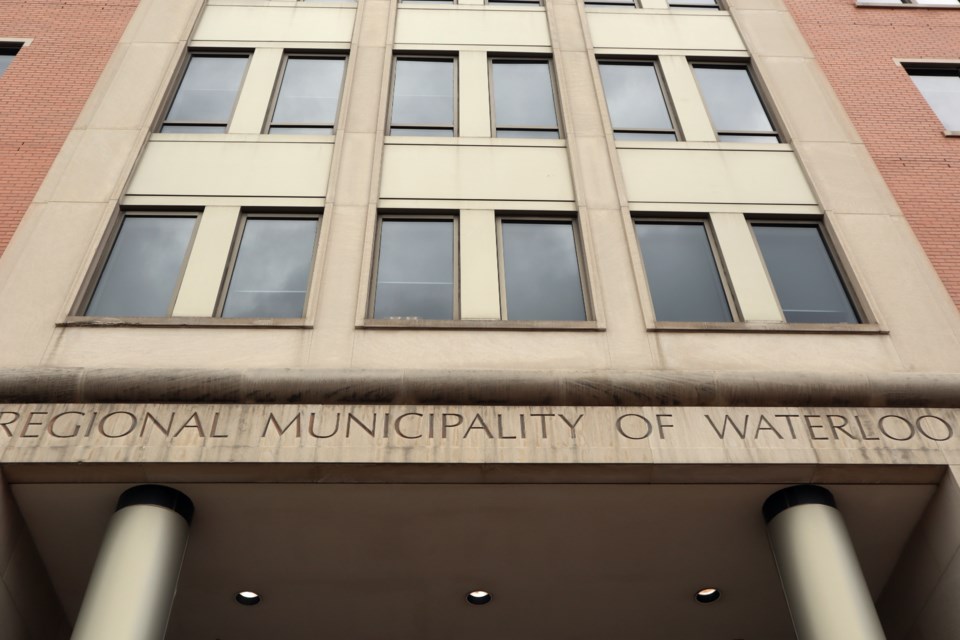A Region of Waterloo staff report says a full carbon budget is needed to add accountability to the region’s climate transformation plan.
A carbon budget recognizes that carbon is a finite resource, says the report, and it identifies the total amount of remaining carbon that can be emitted by human activity in the world while limiting average global temperature increases to 1.5 degrees Celsius. The budget also identifies the portion of those remaining human carbon emissions that a geographic area or an organization is entitled to spend.
This information is then broken into distinct periods or years, so that carbon spending for each fiscal year can be planned and monitored as part of the regular budget process. Any carbon that is over budget must be made up in subsequent years. In this way, the report says, a carbon budget is like a reserve fund that cannot be replenished.
The report outlines the carbon budget and a climate implications tool as two ways the region can move forward in achieving the 80by50 target proposed in the ClimateActionWR strategy, TramformWR, which recommends changes to the ways residents move, build and operate in their spaces, and the ways they produce, consume and waste.
The development of the carbon budget will facilitate the creation of the region’s next corporate climate action plan and be integrated in work plans outlining how each division will transition off of fossil fuels, says the report.
A second, simpler tool is needed immediately at the project level to make sure climate change implications are evaluated at critical decision-making points moving forward.
The tool selection process was led by the region’s sustainability staff and included a team of staff from key divisions, such as water services, waste management, Grand River Transit, facilities and fleet, finance, transportation, and corporate performance in a review of current region practices compared to industry best practices.
The tool will help staff in connecting with decision makers and stakeholders about climate implications, further resources and support, and scope the development of the full carbon budget.
As well, a number of climate action delegates will present to council at the beginning of the meeting.
The report will be discussed at the upcoming Region of Waterloo committee of the whole meeting being held at 9:30 a.m. on June 22. The proceedings can be viewed via the region's YouTube channel.



